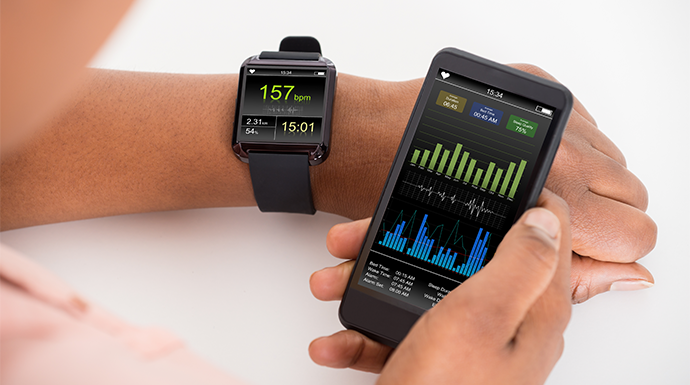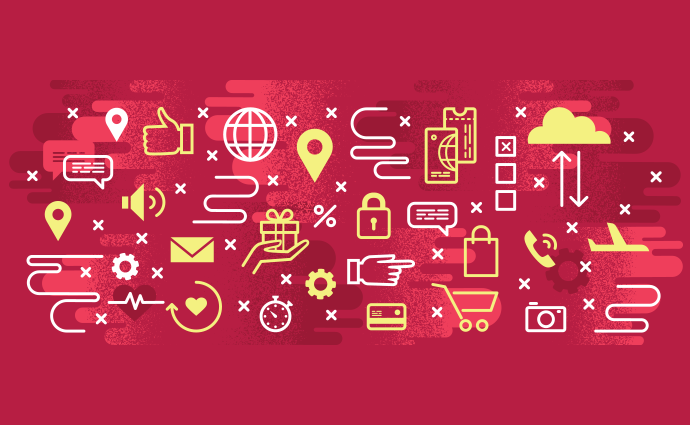SPONSOR: CardioComm Solutions (EKG: TSX-V) – The heartbeat of cardiovascular medicine and telemedicine. Patented systems enable medical professionals, patients, and other healthcare professionals, clinics, hospitals and call centres to access and manage patient information in a secure and reliable environment.

mHealth Solutions Market Forecasting CAGR of 34.34%
- mHealth solutions market is expected to rise from its initial estimated value of USD 28.06 billion in 2018 to a projected value of USD 297.70 billion by 2026, registering a CAGR of 34.34% in the forecast period of 2019-2026
- This rise in market value can be attributed to lower physician ratio as compared to patients requiring healthcare provisions.
Market Definition: Global mHealth Solutions Market
mHealth solutions can be defined as the technology utilized in providing healthcare services and products through smart devices and smart phones. This technology is used for collecting patient data, their patient history and also through this technology, healthcare providers can ease their workflow helping them work in a systematic and effective way.
Key Market Competitors: Global mHealth Solutions Market
Medtronic; Cerner Corporation; Koninklijke Philips N.V.; ZTE Corporation; Nokia; AirStrip Technologies; BioTelemetry, Inc.; Apple Inc.; iHealth Labs Inc.; athenahealth, Inc.; AliveCor, Inc.; Zebra Technologies Corp; Johnson & Johnson Services, Inc.; Cisco; AT&T Intellectual Property; AgaMatrix; OMRON Corporation; Withings and Qualcomm Technologies, Inc. are few of the major competitors currently working in the mHealth solutions market.
Market Drivers:
- Growth in adoption and usage of smart devices and smart phones in healthcare and medical monitoring; this factor is expected to act as a driver for the market growth
- Increasing focus on patient-focused and individual specific healthcare provisions; this factor is expected to drive the market growth
Market Restraints:
- Absence of any regulations and standardization in the market restraining the market growth
- Lack of enthusiasm in providing information regarding the identification of correct mHealth applications and solutions; this factor is expected to restrain the market growth
Key Developments in the Market:
- In January 2019, Zebra Technologies Corp announced that they are planning to launch “DS1800-HC†collection of scanners and “TC51-HC†cellular PC for healthcare professionals in India. These products will assist physicians in easing their workflow resulting in increased productivity and effectiveness.
- In March 2016, ZTE Corporation announced the launch of all-in-one mHealth product that utilizes a number of smart devices and incorporates IoT technology in identifying the diseases & disorders and providing patient specific medical care.
Global mHealth solutions market is highly fragmented and the major players have used various strategies such as new product launches, expansions, agreements, joint ventures, partnerships, acquisitions, and others to increase their footprints in this market. The report includes market shares of mHealth solutions market for global, Europe, North America, Asia-Pacific, South America and Middle East & Africa.
Source: https://weeklyspy.com/2019/11/14/mhealth-solutions-market-forecasting-cagr-of-34-34-with-nokia-jawbone-ihealth-labs-cisco-athenahealth-alivecor-inc-omron-healthcare-inc-agamatrix/




